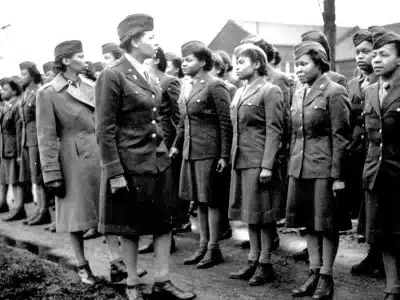Scotland’s Glasgow Museum became the first cultural institution in the UK to agree to return stolen artifacts from India.
Delegates from the Indian High Commission attended a Kelvingrove Art Gallery and Museum ceremony.
Seven stolen objects were delivered, and six were looted from shrines and temples throughout northern India during the 19th century. One of these was a carved sandstone figurine of a male and a dog. Other items included 11th Century stone door jams and related 14th Century carvings.
The seventh item was a ceremonial sword, called a tulwar. It was taken in 1905 from the collection of the Nizam Hyderabad, the largest city in the Indian state of Telangana and the fourth most populous city in India.
The sword was sold to the British general Sir Archibald Hunter, Governor of Omdurman, in Sudan, and eventually of Gibraltar.
Many of these objects are estimated to be around 1,000 years old.
The British Raj is the period of British rule on the Indian subcontinent that spanned between 1858 and 1947. This system of governance was instituted in 1858.
In the wake of Queen Elizabeth II’s death on September 8, 2022, talks about the Crown’s colonialist past have also reignited feelings of rage against the United Kingdom for stealing these artifacts.
Sujit Ghosh, Indian high commissioner, thanked the Glasgow City Council for their initiative in returning the artifacts.
Online, some users expressed disappointment at the United Kingdom’s perceived meager efforts to return similar artifacts of cultural heritage to colonized countries, including India.
On the other hand, all eleven cultural institutions that form the Glasgow Museums have been working towards repatriation since 1998.
Their first action was returning a Lakota artifact stolen after the Wounded Knee Massacre of 1890.
Bailie Annette, Christie, chair of Glasgow Life and conveyor for culture, sport, and international relations for Glasgow City Council, stated that this agreement to return the seven artifacts is an example of Glasgow’s commitment to addressing its past wrongs.
Many museums, Glasgow Museums included, have been criticized for not even accounting honestly for the true historical cost of removing these artifacts from where they belong.
The process allegedly takes time, including establishing rapport between the parties and accurately indicating the background of the objects, specifically determining if they were taken unjustly or not.
Many countries had artifacts of important cultural heritage stolen and dragged halfway around the globe to be present in a museum, not even recognizing their bloody past.
This initiative will hopefully inspire other artistic institutions to do the same moving forward.

















